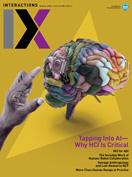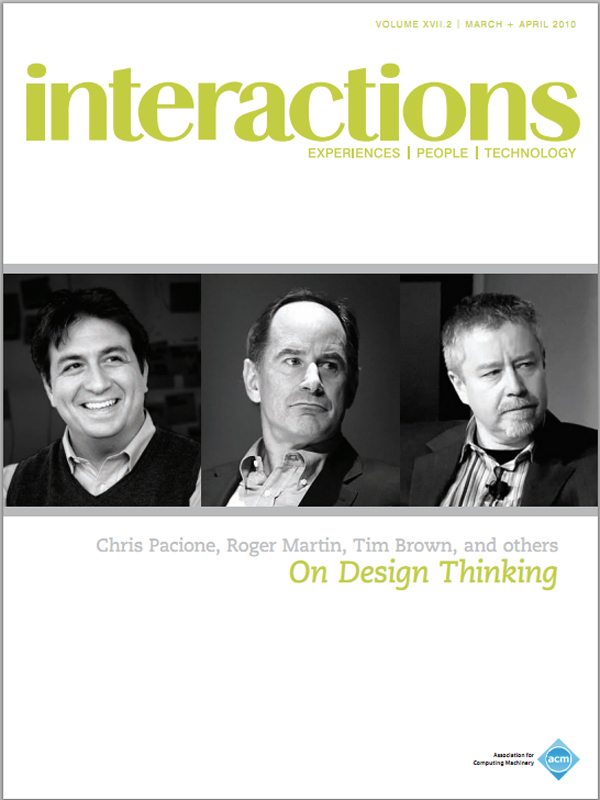Authors:
Alan Blackwell, Sally Fincher
Christopher Alexander's pattern language provided a way of raising the level of discourse about buildings from a concrete to a new abstract level of description [1]. Rises in abstraction level happen regularly in all fields, but the key difference in Alexander's work was that his abstract descriptions were founded in user experience, not in abstract descriptions of building construction (engineering) or of ornament (style). This is in contrast to recent developments in software patterns, as noted by Molly Steenson in her recent interactions article [2]. In talking about software, it is easy to get confused about the distinctions between…
You must be a member of SIGCHI, a subscriber to ACM's Digital Library, or an interactions subscriber to read the full text of this article.
GET ACCESS
Join ACM SIGCHIIn addition to all of the professional benefits of being a SIGCHI member, members get full access to interactions online content and receive the print version of the magazine bimonthly.
Subscribe to the ACM Digital Library
Get access to all interactions content online and the entire archive of ACM publications dating back to 1954. (Please check with your institution to see if it already has a subscription.)
Subscribe to interactions
Get full access to interactions online content and receive the print version of the magazine bimonthly.







Post Comment
No Comments Found